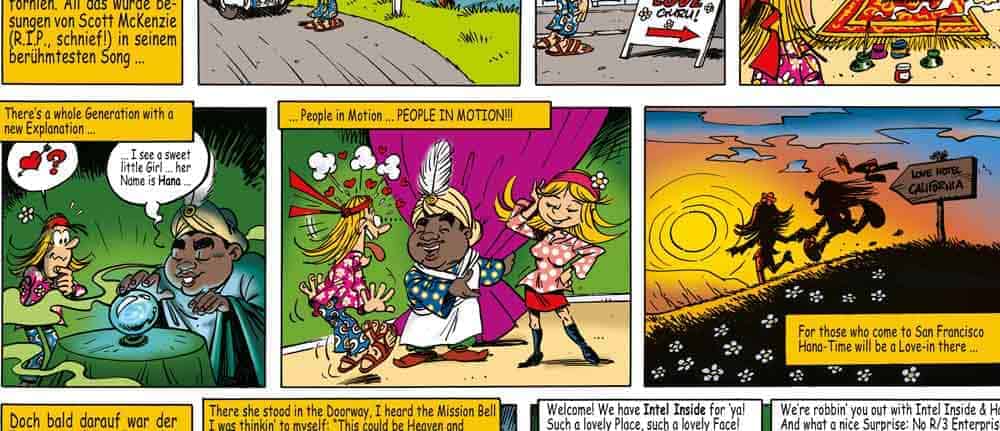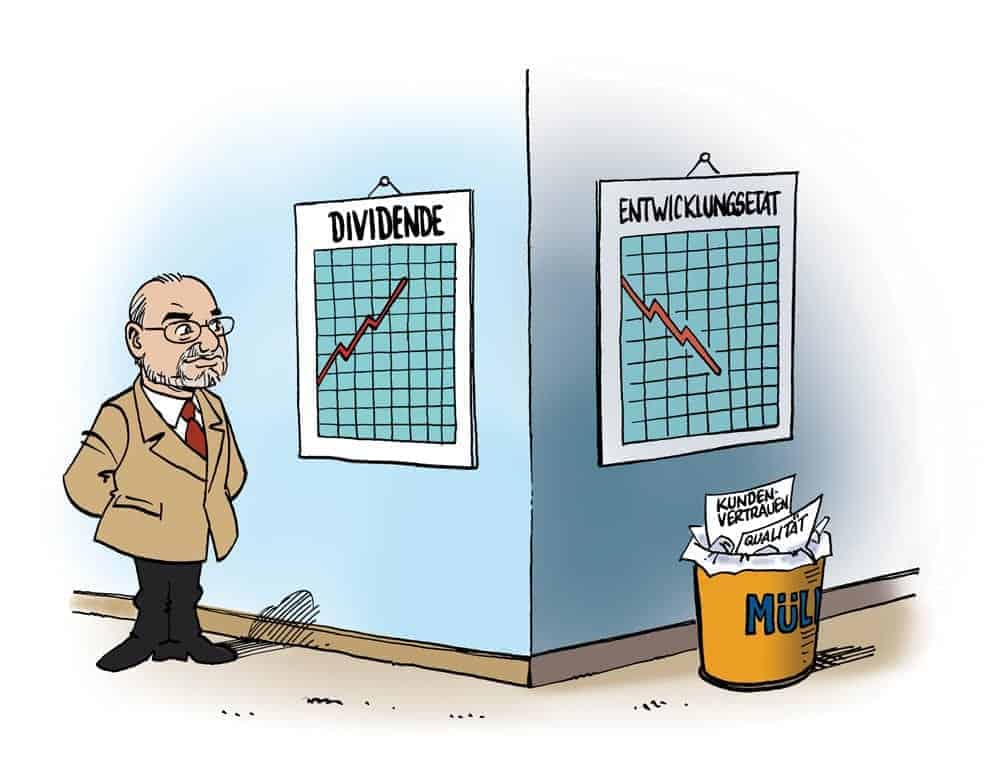Everything used to be worse


SAP's history is divided into four phases: the founding phase with Dietmar Hopp, Hasso Plattner, Claus Wellenreuther, Klaus Tschira and Hans-Werner Hector; the first generation after the owners and founders with Professor Henning Kagermann; the growing revenue and sales phase with Léo Apotheker, Jim Hagemann Snabe and Bill McDermott; and the current consolidation phase with Christian Klein.
None of this was bad. Every era has its challenges and parameters. From today's perspective, some cloud acquisitions would probably have been handled differently. In hindsight, men and women are always wiser, as Professor Hasso Plattner also said about the McDermott era. What's important is the here, today and tomorrow. The young SAP CEO Christian Klein is a child of his time and does everything right with youthful verve and chutzpah. Yet SAP's stock plummeted, and Klein got his first slaps in the face from analysts. Why?
Léo Apotheker and Bill McDermott were not only fantastic salespeople because of their training and demeanor, but also the darlings of the financial markets. Both tried to squeeze every last euro out of the SAP community, boosting the SAP dividend and the share price.
SAP's existing customers were the ones to suffer. The ones who suffered were the SAP employees, especially the hard-working developers and engineers. So everything used to be different, and it was a good thing.
About two years ago, Hasso Plattner and Gerd Oswald heard from the SAP Supervisory Board that things were no longer good: SAP's existing customers were dissatisfied and, for the first time in SAP history, the opportunity arose to change the ERP system. The release upgrade to Hana and S/4 may seem sensible, but it costs just as much as an ERP system change. Why not try a new ERP system with tolerant and lower license and support costs?
There was a risk that SAP could lose a great many existing customers by 2025. The results of the defensive battle are known: Suite 7 maintenance extension until 2027/2030 and the new SAP CEO is Christian Klein.
Everything used to be better - at least the SAP share price was. The fall into the bottomless pit - from this year's high of around 140 euros to around 92 euros - is not Christian Klein's and CFO Luka Mucic's fault, but merely an expression of the inability of many investors and analysts to listen closely.

Of course, Klein and Mucic were the bearers of bad news when the share price imploded on the day the Q3 figures were presented - but neither had a different narrative on that day than they had at the beginning of Christian Klein's tenure almost a year ago: in the future, SAP will focus on the needs of existing customers and revive the successful value parameters from the days of Hopp, Plattner and Kagermann. That this paradigm shift costs money seems logical. However, many investors and analysts overlooked this logic and were caught on the wrong foot during the Q3 presentation.
After note: Even for insiders like Hasso Plattner, Christian Klein and Luka Mucic, the situation was unreal. They seized the opportunity and stocked up on more SAP shares at a price of around 100 euros, but the price didn't bottom out until around 92 euros - obviously completely unreal for everyone involved.






